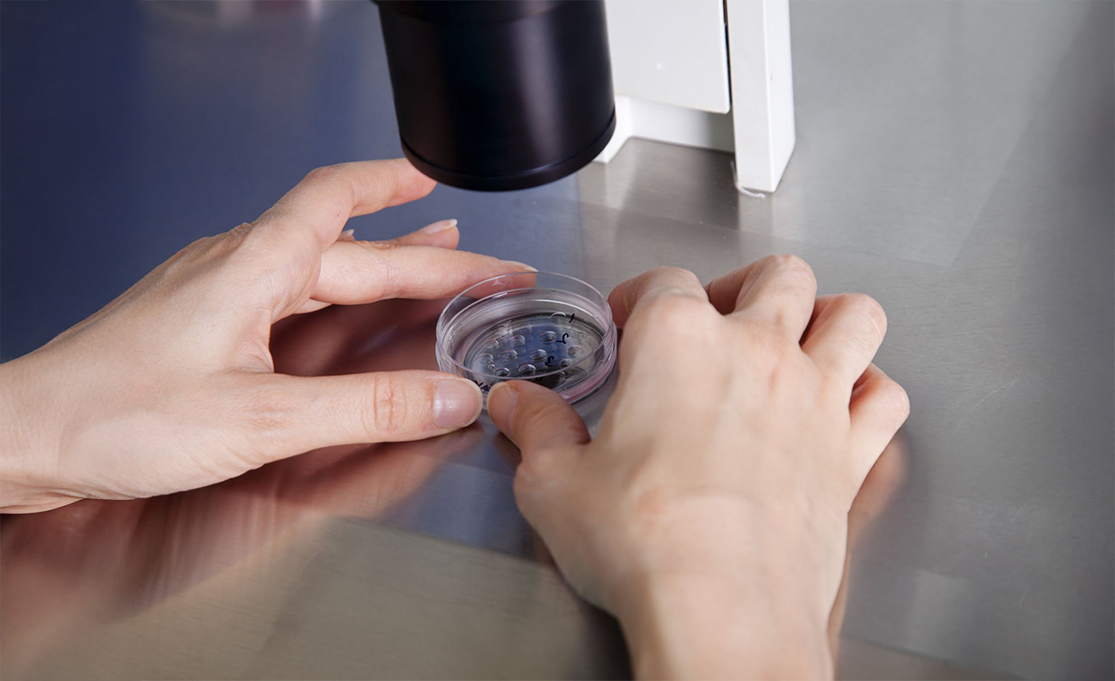Home›Treatments›Advanced›PGD/PGS/PGT-A
PGD/PGS/PGT-A
Why Preimplantation Genetic Testing Matters in IVF
What It Means
Preimplantation Genetic Testing (PGT) is a method used to identify genetic or chromosomal defects in embryos before implantation.
Why It's Done
PGT helps select only healthy embryos for transfer, improving pregnancy success and minimizing the risk of inherited disorders.
When It's Recommended
Ideal for couples with known genetic disorders, recurrent IVF failures, or women above 35 years of age.
What It Helps Prevent
Reduces risks of miscarriages, chromosomal abnormalities, and hereditary diseases in offspring.
Success Outcome
Enables higher pregnancy rates and healthier babies through precision embryo selection.
Long-Term Advantage
Supports informed family planning by preventing the transmission of genetic conditions to future generations.
Advanced screening. Healthier results. Informed choices.
Genetic Accuracy
Detects chromosomal abnormalities early, ensuring only genetically normal embryos are transferred.

Genetic tests ensure healthy embryos.
Preimplantation Genetic Diagnosis
Detects specific genetic disorders carried by parents.
Preimplantation Genetic Screening / Testing for Aneuploidy
Checks for chromosomal abnormalities to ensure embryo health.
Steps of Preimplantation Genetic Testing

Embryo Culturing & Biopsy
Embryos are developed to the blastocyst stage (5-6 days), and a few cells are gently extracted for testing without affecting embryo quality.

Genetic Screening
Cells are analyzed using advanced sequencing to detect abnormalities.

Healthy Embryo Transfer
Only normal embryos are selected and transferred for better success and healthier pregnancies.
85%
Couples experience improved pregnancy outcomes with genetically screened embryos. Healthy embryos. Healthier pregnancies.
Inspiring stories of strength & Victories
Your dream of parenthood deserves the best. Our specialists offer advanced fertility treatments for higher success.

